Vietnam's eco-label certified products are still modest.
The eco-label was created to guide green consumption, encourage businesses to innovate technology, improve production processes to reduce negative impacts on the environment. Products awarded the label must meet more stringent criteria on energy saving, efficient use of resources, emission reduction and recyclability or biodegradability.
Ecolabeling is a voluntary labeling activity for products and services, which has been implemented in many countries around the world . According to Ecolabel Index, there are currently more than 460 types of labels implemented in nearly 200 countries, covering 25 industries. IMARC Group's report forecasts that the global ecolabel market will reach 2.7 billion USD by 2033, with an average growth rate of 6.5% per year.
According to the report of the Ministry of Agriculture and Environment , by 2017, 17 criteria of Vietnam Green Label had been announced, serving as the basis for certifying Vietnam Green Label for environmentally friendly products. Of which, 7 criteria were applied as the basis for certifying Vietnam Green Label for 112 types of products. However, the majority of products did not continue to maintain the Vietnam Green Label after the certification expired.
The product is certified by the Ministry of Agriculture and Environment with an eco-label and is sold in supermarkets. The product contains 20% recycled plastic materials, contributing to reducing virgin plastic waste, reusing available raw materials, and saving resources. Photo: CH
According to the Law on Environmental Protection 2020, the concept of green label was changed to eco-label. However, in the two years 2024-2025, only 13 products were certified. The main reason comes from the application of strict criteria, requiring large financial resources to invest in infrastructure, innovate production technology and treat waste products throughout the life cycle. This increases production costs, leading to higher product prices.
As a result, eco-labeled products are at a competitive disadvantage in the consumer market compared to conventional products of the same type. Green manufacturing enterprises find it difficult to compete with cheaper products because environmental costs have not been “correctly and fully calculated” into the price. Meanwhile, the legal framework, along with the State’s preferential and supportive policies, are still not strong enough to motivate enterprises to invest in production development as well as promote the consumption of environmentally friendly products.
Environmentally friendly box/tray/plate products, made entirely from bagasse pulp, bamboo pulp, wood pulp, biodegradable within 45 days and completely decomposable after 4 months under suitable conditions. Photo: CH
Need a boost from policy
According to the United Nations Development Programme - UNDP, the lack of specific financial policies such as tax incentives, subsidies, green credits... for eco-label products is the main barrier to the goal of expanding green consumption in Vietnam. In that context, the development of tax, fee and subsidy incentives based on the eco-label system is extremely urgent and completely consistent with international practices, such as EU Ecolabel, Japan Eco Mark, Korea Eco-Label.
The “Project on integrating climate change resilience and environmental protection to develop green cities” has assessed the current status of application and proposed to supplement and perfect a number of solutions to support the development of environmentally friendly production and consumption such as tax incentives, fees, and subsidies for products certified with the Vietnam Ecolabel.
According to project experts, there have been a number of tax and fee policies supporting industries related to green growth, however, the policies are still scattered, lack cohesion and have not formed a comprehensive framework for green growth. Enterprises producing environmentally friendly consumer goods have not fully enjoyed appropriate preferential tax policies, while this is a product group with the potential to expand the sustainable consumer market.
The development of environmentally friendly products is being promoted in Vietnam. Photo: CH
In recent years, Vietnam has initially established a legal and institutional framework for the issuance of green bonds at all three levels: central, local and corporate. This is a specific financial tool to mobilize medium and long-term capital to finance projects on environmental protection, climate change adaptation and promoting sustainable development. However, the actual implementation process still faces many difficulties, so experts suggest that there should be specific guidelines and measures to put legal regulations into practice in issuing green bonds.
To develop a green bond market linked to sustainable consumption, Vietnam can learn from the EU and South Korea models, in which national eco-labels are considered criteria to determine the "greenness" of products or investment projects, thereby qualifying them to mobilize capital through green bonds.
In addition to financial policies, an indispensable factor is communication. Consumers need to clearly understand what eco-labels are, what their benefits are, and how to recognize certified products. Effective communication will turn eco-labels from “strange concepts” into “daily choices”.
When people change their awareness and behavior, along with appropriate support policies, eco-labels will not only stop at a few dozen products, but can expand to thousands or tens of thousands of products, contributing substantially to Vietnam's green growth goals.
Khai An
Source: https://baophutho.vn/nhan-sinh-thai-cho-suc-bat-tu-chinh-sach-239396.htm


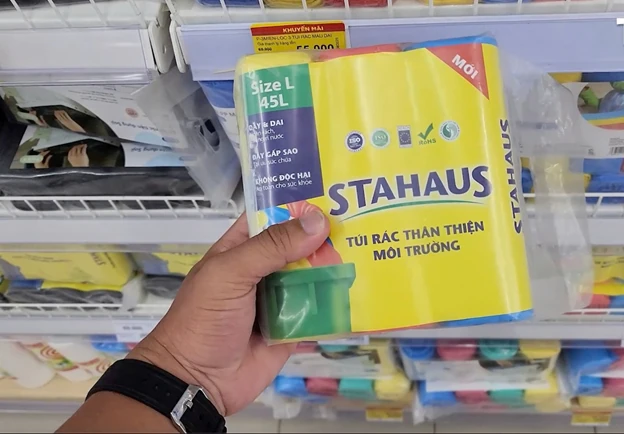
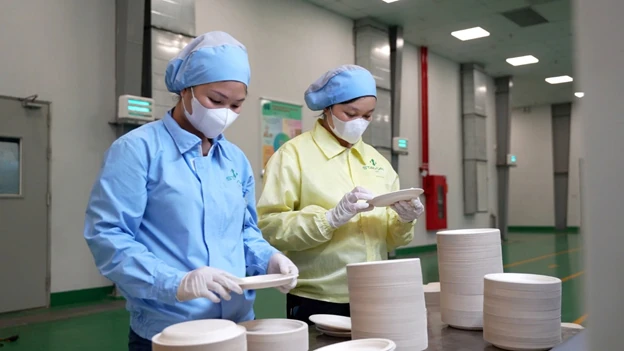
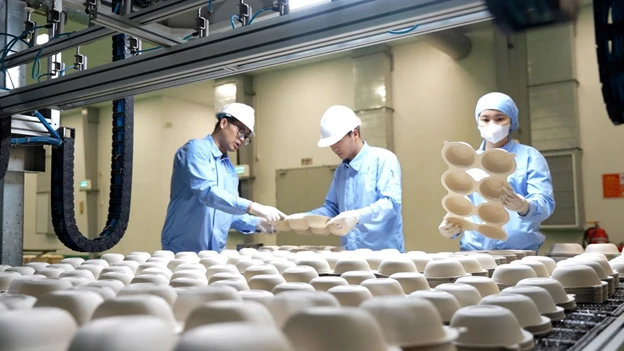

![[Photo] National Assembly Chairman Tran Thanh Man received a delegation of the Social Democratic Party of Germany](https://vphoto.vietnam.vn/thumb/1200x675/vietnam/resource/IMAGE/2025/10/28/1761652150406_ndo_br_cover-3345-jpg.webp)
![[Photo] Draft documents of the 14th Party Congress reach people at the Commune Cultural Post Offices](https://vphoto.vietnam.vn/thumb/1200x675/vietnam/resource/IMAGE/2025/10/28/1761642182616_du-thao-tai-tinh-hung-yen-4070-5235-jpg.webp)

![[Photo] Flooding on the right side of the gate, entrance to Hue Citadel](https://vphoto.vietnam.vn/thumb/1200x675/vietnam/resource/IMAGE/2025/10/28/1761660788143_ndo_br_gen-h-z7165069467254-74c71c36d0cb396744b678cec80552f0-2-jpg.webp)

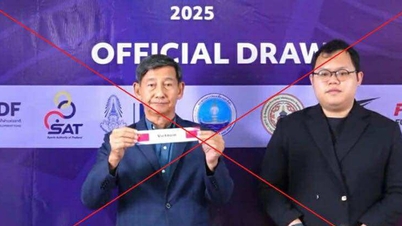

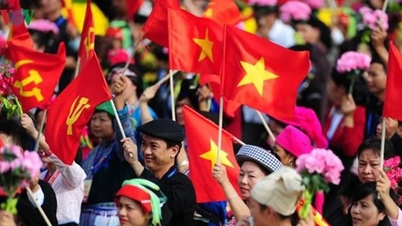

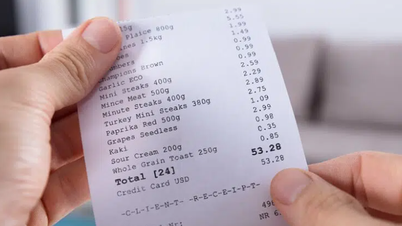



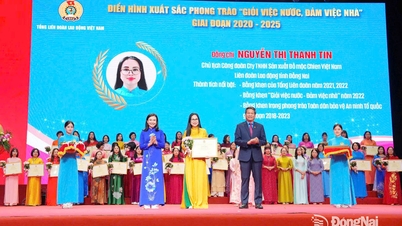

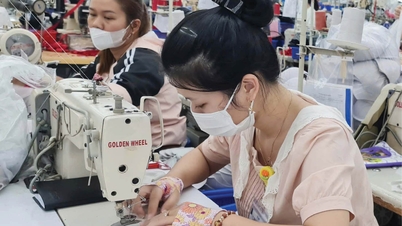

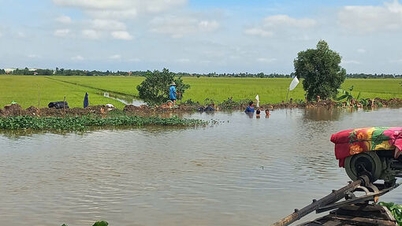
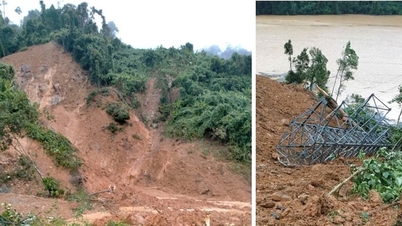





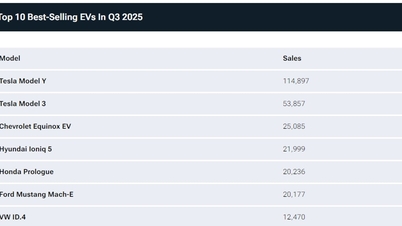






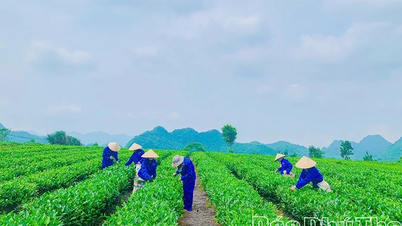





![[Photo] President Luong Cuong attends the 80th Anniversary of the Traditional Day of the Armed Forces of Military Region 3](https://vphoto.vietnam.vn/thumb/1200x675/vietnam/resource/IMAGE/2025/10/28/1761635584312_ndo_br_1-jpg.webp)






































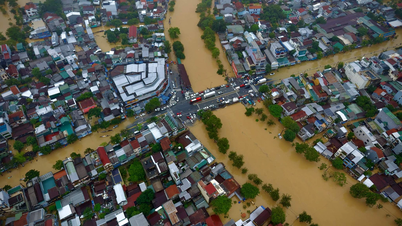


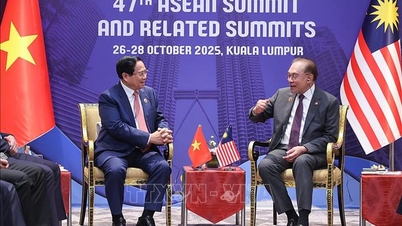

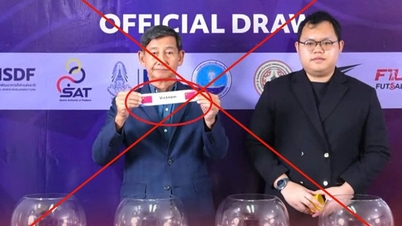

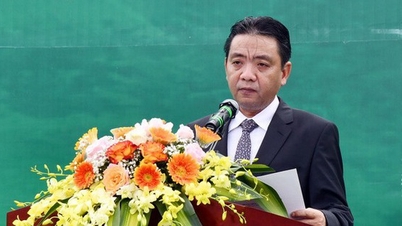


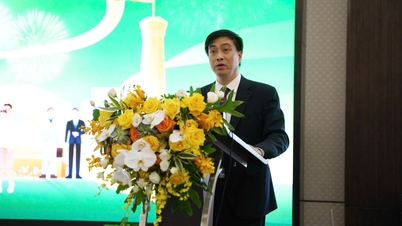



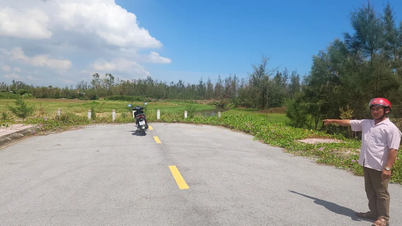

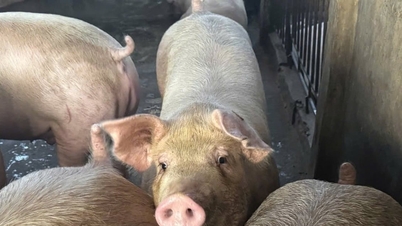
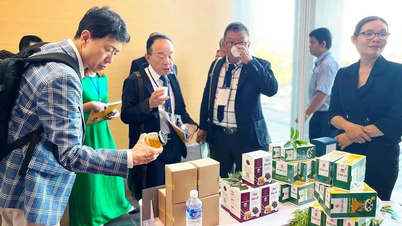



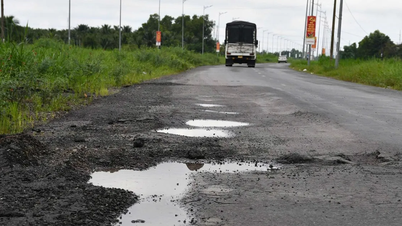














Comment (0)